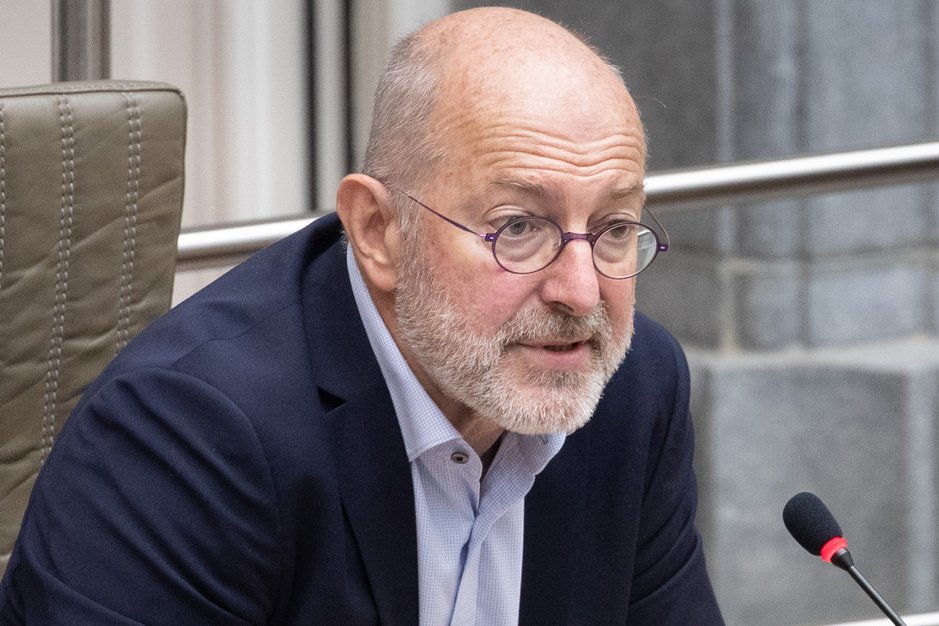Belgium’s health-care sector is in danger of falling apart in the next ten days as the Covid-19 epidemic increases in intensity to levels reminiscent of the first wave, according to Pierre Van Damme, epidemiologist and professor of medicine at the university of Antwerp.
“This is unfortunately the chronicle of an epidemic foretold, that was predicted back in the summer,” he told HLN Live.
The system is not in a state to withstand continued growth at this rate, he said.
“We have a very good hospital network, but if we respond rather late to the early signals, that will translate into the figures we’re seeing. We're about to exceed the figures from March and April. We currently predict that the system will crack, so we will have to find a solution for that.”
Asked how long it might be until the system breaks down, he said “within ten days”.
The federal government introduced a package of measures earlier in the month including closure of restaurants and bars. It came back with new measures on culture and sport last weekend. Then came extra restrictions, including a tougher curfew, from Wallonia and then Brussels.
Flanders then announced new restrictions of its own, but declined to go as far as the other regions. Now some Flemish municipalities are getting tougher on their own territory.
And still the graph keeps climbing. The latest number for hospital admissions in one day (689 on Tuesday) is higher than at any time since the arrival of the virus in Belgium. Deaths are at the level of early May, but the curve now is rising whereas then it was going down.
The positivity rate, at 22.5%, matches early April, and is also going up instead of down. The number means that of every 100 tests taken, more than 20 will be positive.
Back then, however, hospitals and clinics were postponing non-emergency treatments and consultations so as to be able to deploy staff to the epidemic response. Those patients whose appointments were postponed did not get better spontaneously, and some got worse.
The option of further delays is not any longer available, and the health system has no slack available.
“The outlook is not a rosy one,” Prof. Van Damme said.
“People in health care are exhausted, they know what they are facing. I think we need to show tremendous respect and find a way to support the front-line staff, but also the lab staff who now work day and night, and the GPs. We cannot go through this a third time, that is clear.”
The longer curfew introduced in Wallonia and Brussels should have been adopted nationwide in the first place, he said, although it is unlikely the difference with Flanders will be decisive. The ban on gatherings is in place in any case, and the important thing is to restrict contacts.
But not to the exclusion of a minimum of social contact.
“At some point you have to say: this has got to be feasible and liveable. Of course we still think about people’s psychological well-being. You should still be able to see a small group from a distance and have one close contact outside of the family. That is an important signal for single people, and we are certainly not going to take it away now.”
Alan Hope
The Brussels Times

